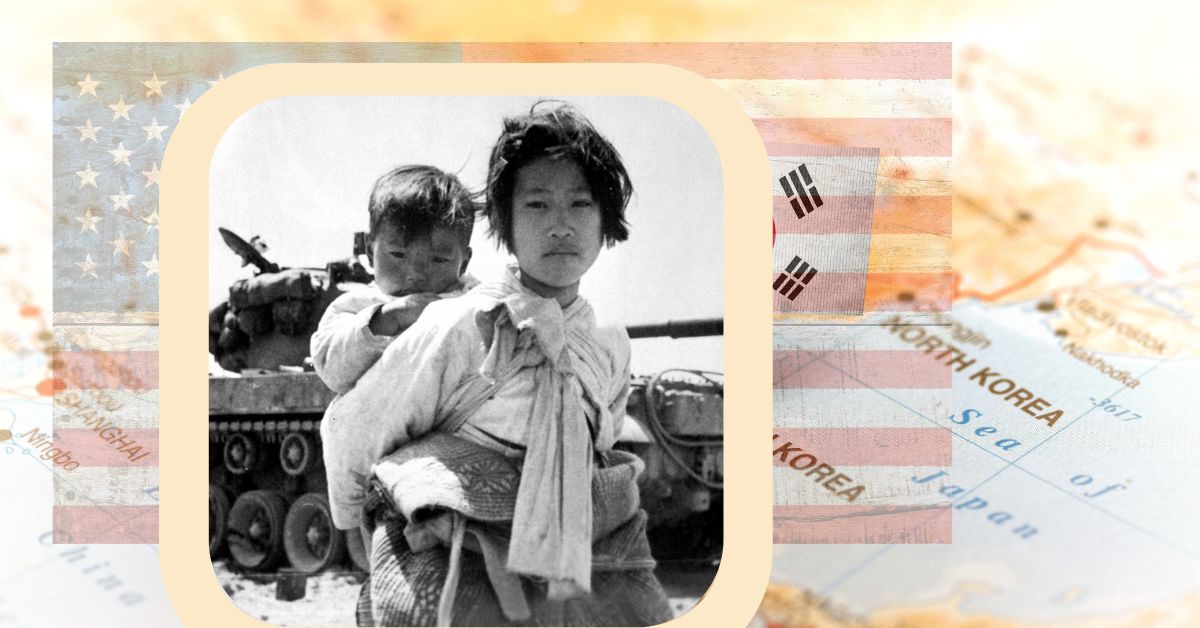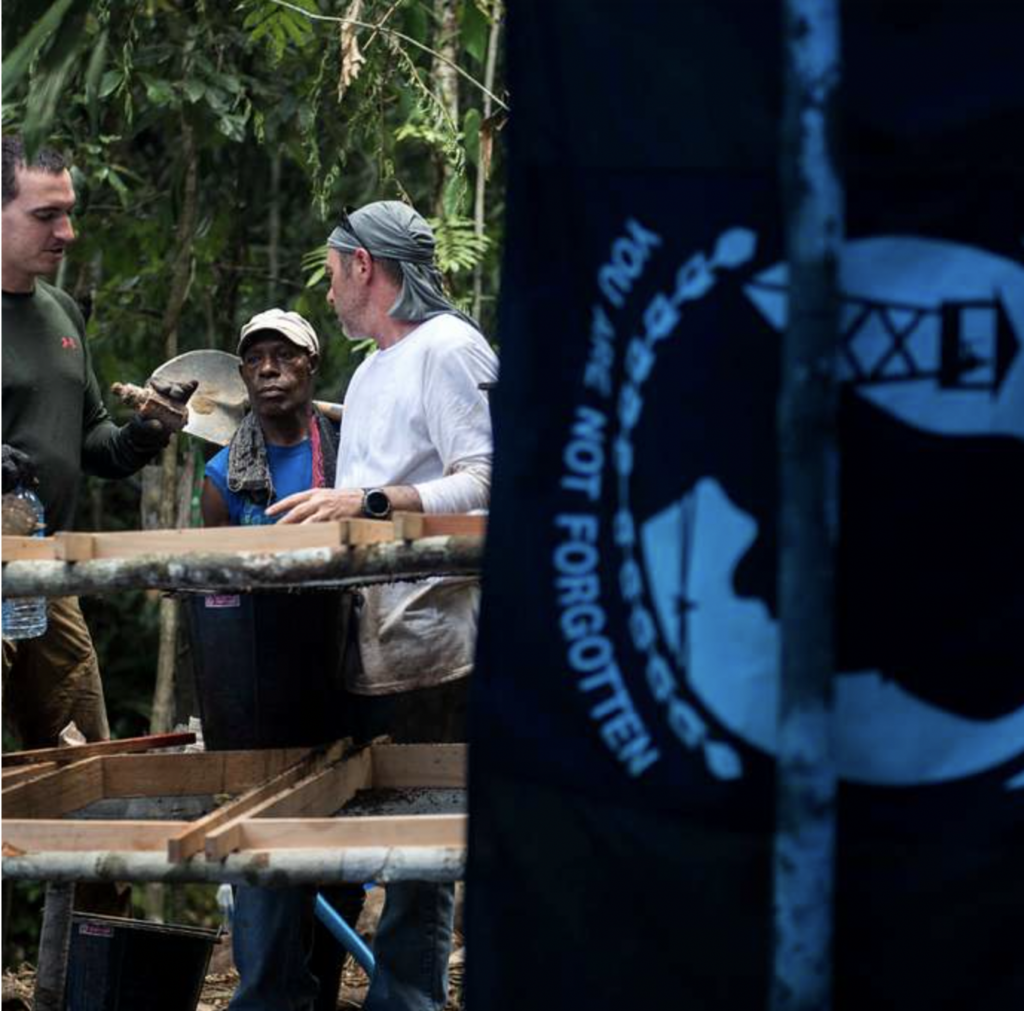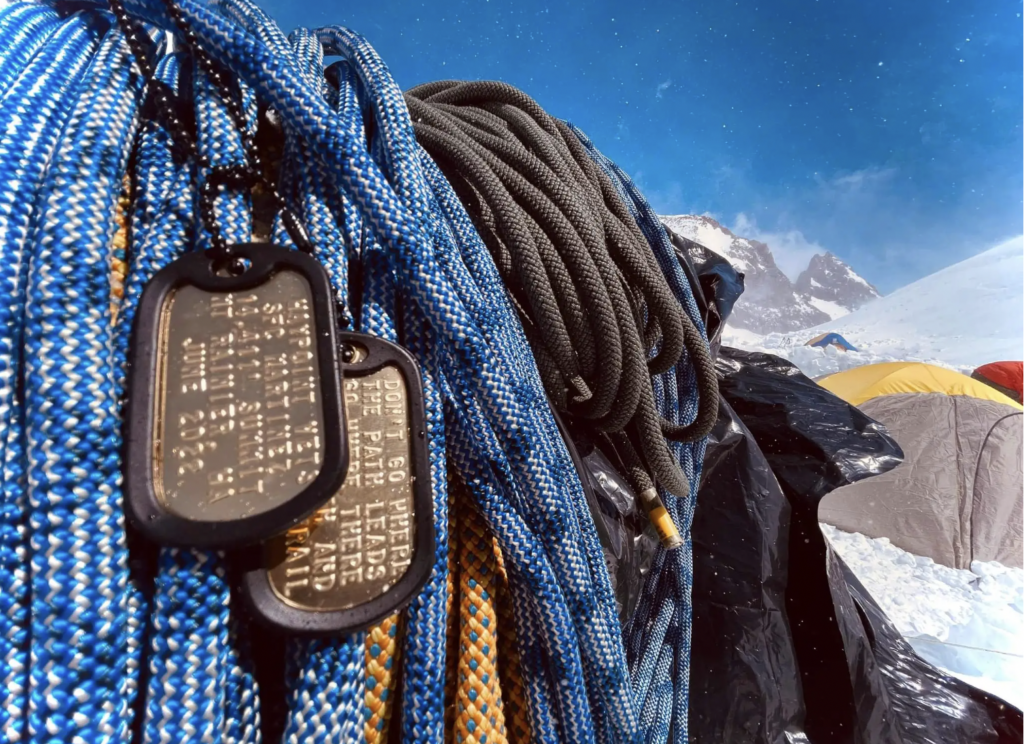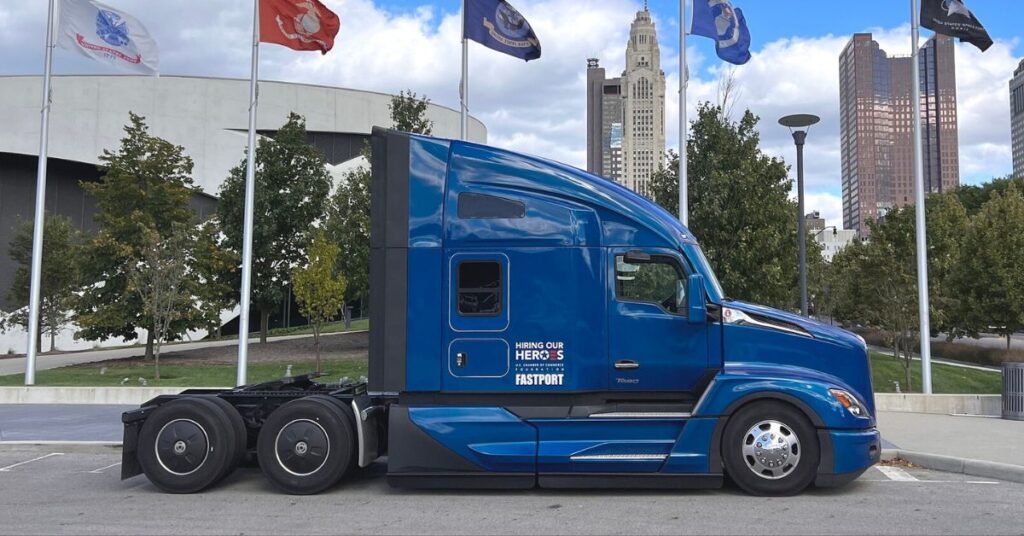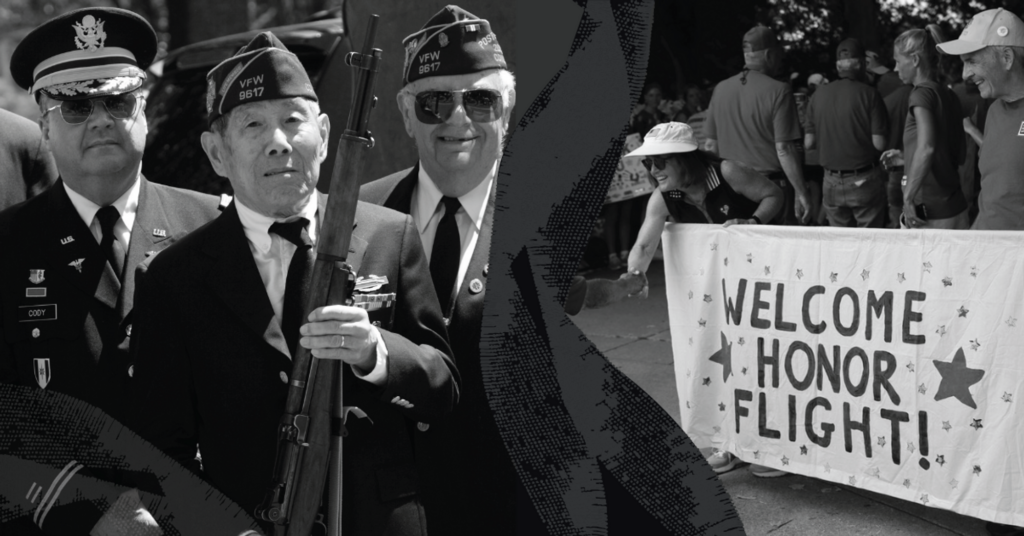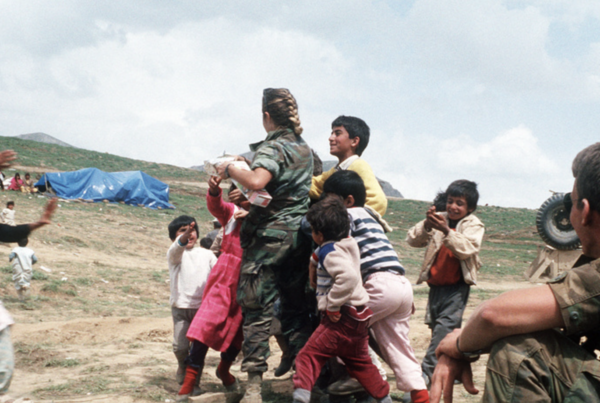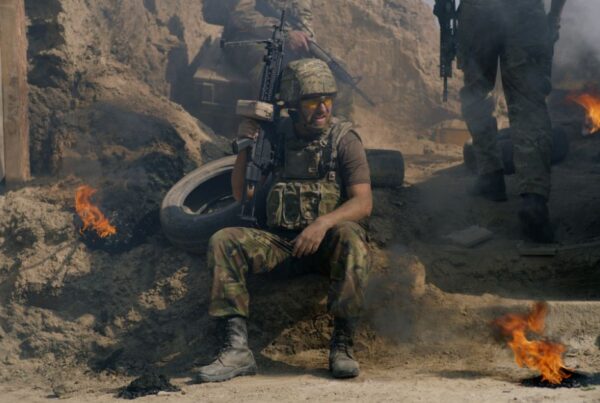“We do not seek peace in order to be at war, but we go to war that we may have peace. Be peaceful, therefore, in warring, so that you may vanquish those whom you war against, and bring them to the prosperity of peace.”
– St. Augustine
Among the most admirable moments in US history is that soldiers go to die– not just for their own safety and not just for the safety of their countrymen– they have gone to die for peace, the prosperity of a “country not their own.”
The Korean War (1950-1953) erupted in a blazing fury on June 25, 1950, as a massive wave of nearly 100,000 North Korean soldiers stormed across the 38th Parallel, slamming into the Republic of Korea in the south – a staunch pro-Western nation. With the stakes sky-high, American troops quickly rushed to the aid of their Korean allies. For American officials, this was not just any ordinary conflict – it was a pivotal showdown against the menacing forces of international communism.
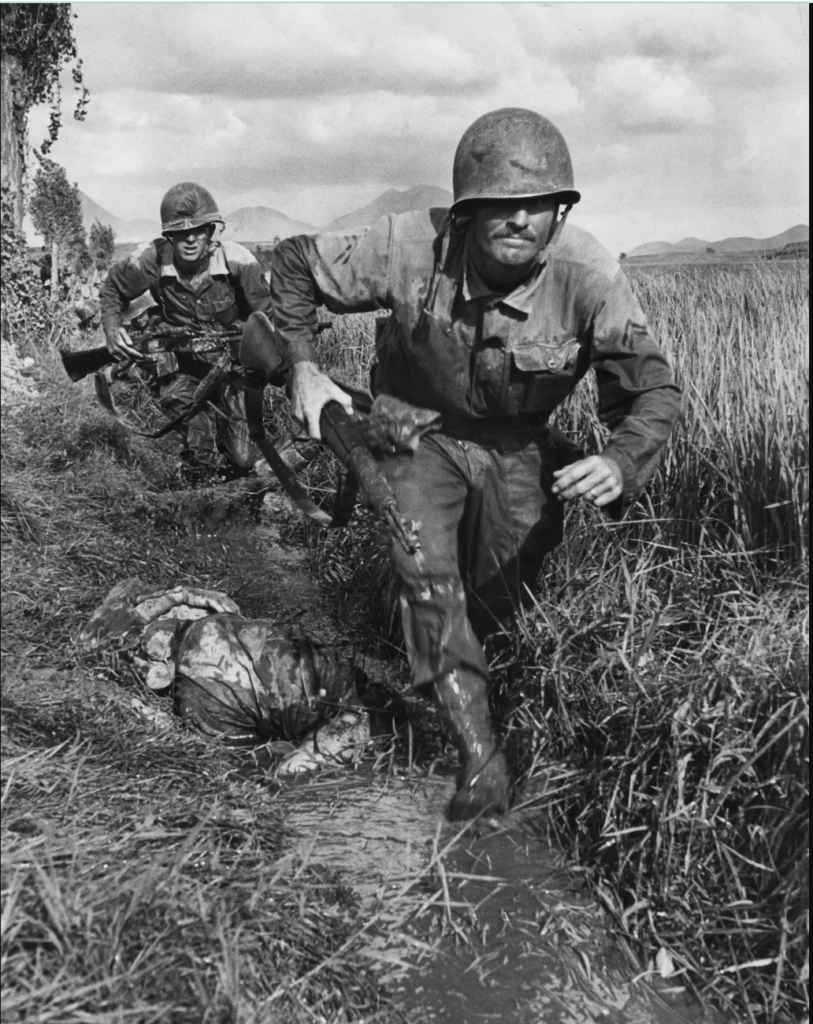
Sgt. Libby’s Perilous Tractor Ride Rescue
In one such tale of great courage, U.S. Army, Sergeant Libbey embodied the spirit of audacity and valor amidst the chaotic battlegrounds of Korea.
Engulfed in the swirling chaos of an enemy encirclement, Libby’s truck rumbled down the Korean road, trying to escape the city. But they encountered a roadblock.
His other passengers were oblivious to the impending danger, when suddenly, North Korean soldiers directed their attention at their truck, raining fire down on them. Within moments, Libby’s truck, crippled and lifeless, bore witness to the carnage the N. Korean’s had inflicted– as all its occupants, save Sergeant Libby, lay dead or wounded.
Undeterred by the swirling attack, Sergeant Libby sought refuge in a ditch, and then renewed his assault on the enemy– amidst the roar of gunfire, he leapt into action, traversing the treacherous road twice, risking life and limb to render aid to his fallen comrades. In a twist of fate, an American M-5 artillery tractor rumbled into view.
Sergeant Libby, undaunted by the torrent of enemy fire, boarded the tractor and shielded the driver from harm’s reach. Wounds laced Libby’s body, but with unwavering determination, he aided the wounded, resolute in his refusal of medical aid.
Through the labyrinthine streets, the tractor weaved, halting intermittently to rescue more wounded American soldiers. Sergeant Libby, with unyielding courage, fearlessly held his ground– continually shielding the driver, unrelenting in his defense against the ceaseless enemy assault. Even as the stinging pain of additional wounds coursed through his battered frame, he clung fiercely to his post.
Libby’s Medal of Honor Commendation
In his Medal of Honor commendation it states that, “Refusing first aid, he continued to shield the driver and return the fire of the enemy when another roadblock was encountered. Sergeant. Libby received additional wounds but held his position until he lost consciousness. Sergeant. Libby’s sustained, heroic actions enabled his comrades to reach friendly lines. His dauntless courage and gallant self-sacrifice reflect the highest credit upon himself and uphold the esteemed traditions of the U.S. Army.”
Freedom is Not Free
There were many such moments during the Korean War. Men, women, heroes of the United States will forever be remembered for paying the ultimate price to rescue and free the Korean people. Today, we remember those that sacrificed so much, and we remember the simple but profound statement on the Korean War Memorial in Washington D.C. that “Freedom Is Not Free.”
In part we want to recognize the incredible contributions these soldiers made in freeing the South Koreans from the evil predations of a Communist regime that wished to enslave them. But we also want to remember that this is one of many reasons that we are proud to be Americans.
When else in history have other human beings repeatedly sacrificed themselves on foreign shores to bring others the, “Prosperity of Peace?”


